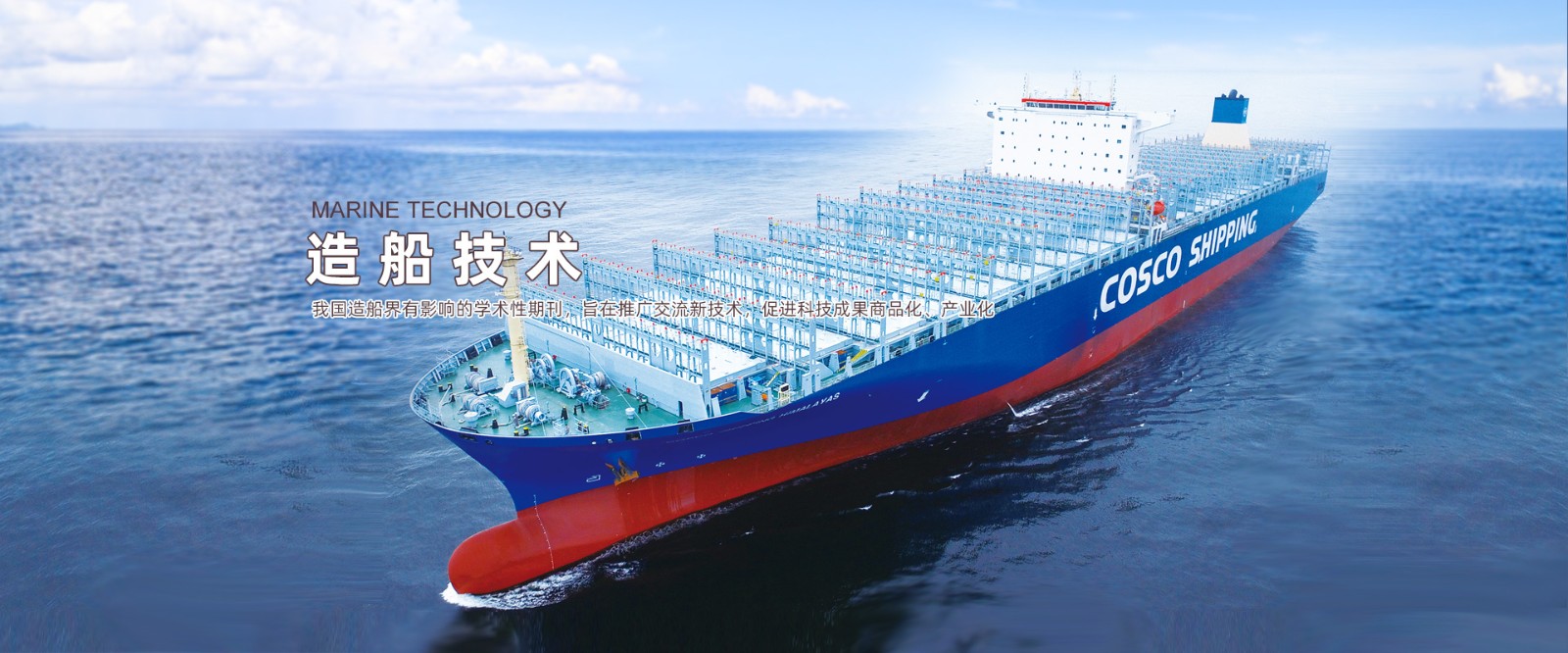Abstract:With the increasing demand for carbon emissions in the shipping industry, the shipbuilding industry needs to gradually use low-carbon/zero-carbon fuels, the potential marine alternative fuels such as liquefied natural gas, methanol, ammonia and hydrogen were evaluated from the aspects of policy requirements, physical and chemical characters, production, main engine application and storage, transportation and filling. The result shows that different fuels have their own advantages and disadvantages, no fuel can completely replace traditional fuels at present. In the short term, LNG and methanol will be the main choices for new ships, and biofuel will be the main choice for existing ships; in the medium and long term, green methanol, green ammonia and green hydrogen will dominate, and fuel oil will not be withdrawn in the shipping industry; in order to cope with the trend of emission reduction in the future, shipping companies should take into account their own needs and lay out their own plans as early as possible, so as to realize the controllability of the market in the future.
